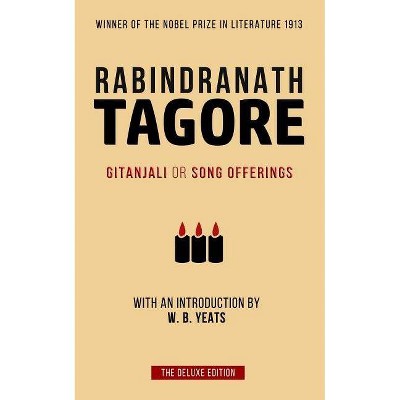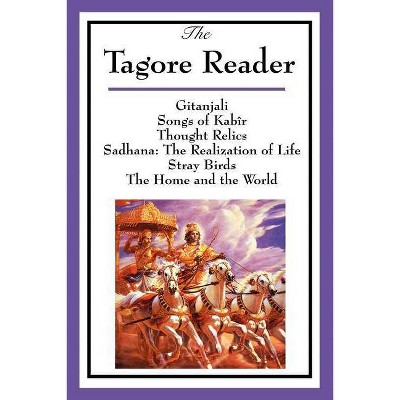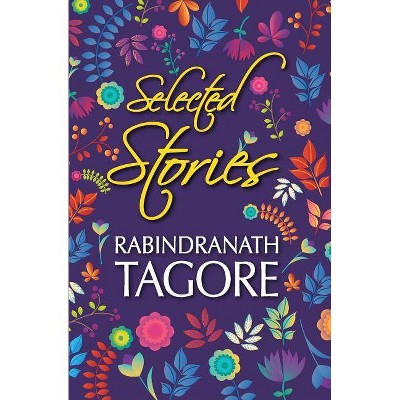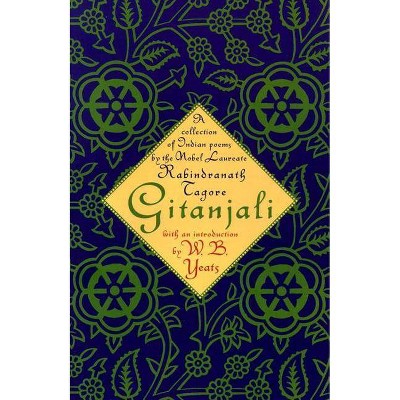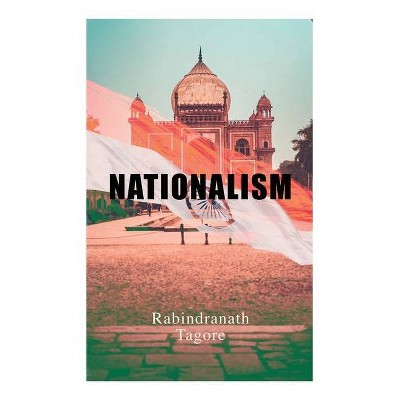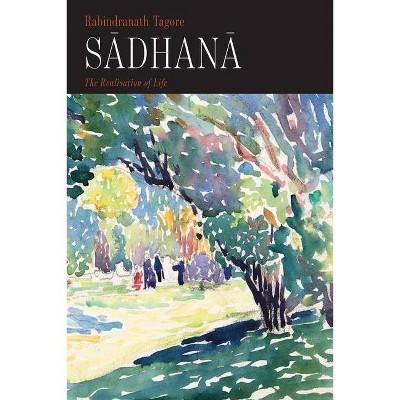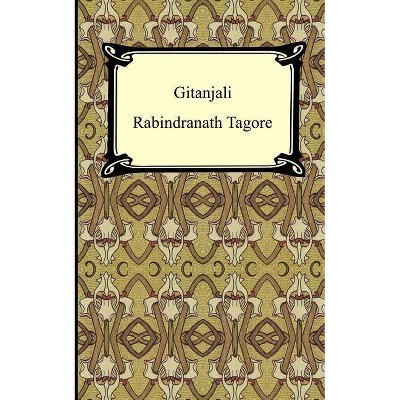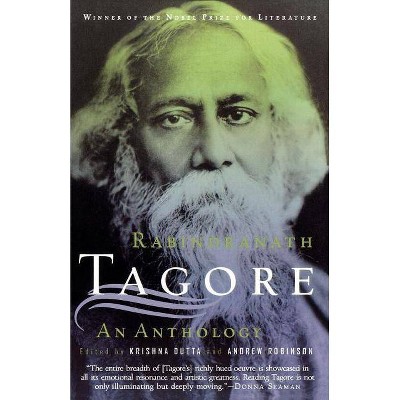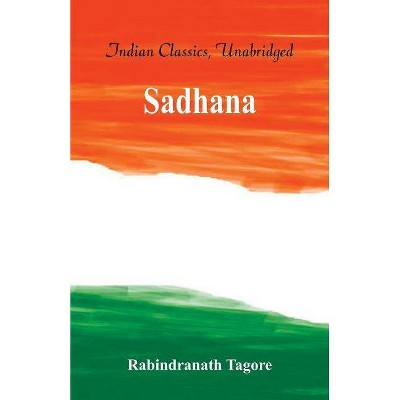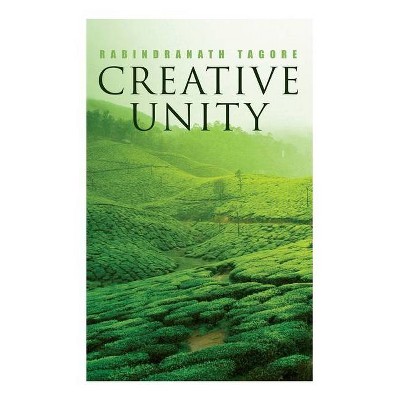I Won't Let You Go - 2nd Edition by Rabindranath Tagore (Paperback)
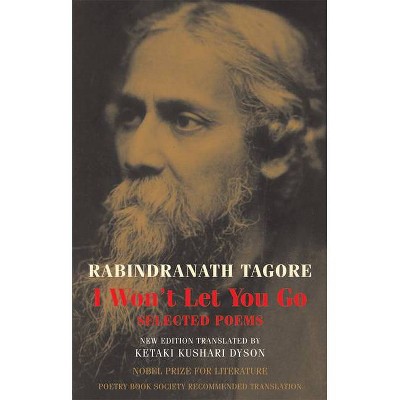
Similar Products
Products of same category from the store
AllProduct info
<p/><br></br><p><b> Book Synopsis </b></p></br></br>Poetry Book Society Recommended Translation. Rabindranath Tagore (1861-1941) is India's greatest modern poet and the most brilliant creative genius produced by the Indian Renaissance. As well as poetry, he wrote songs, stories and novels, plays, essays, memoirs and travelogues. He was both a restless innovator and a superb craftsman, and the Bengali language attained great beauty and power in his hands. He created his own genre of dance drama and is one of the most important visual artists of modern India. He won the Nobel Prize for Literature in 1913. Tagore's poetry has an impressive wholeness: a magnificent loving warmth, a compassionate humanity, a delicate sensuousness, an intense sense of kinship with nature and a burning awareness of man's place in the universe. He moves with effortless ease from the literal to the symbolic, from the part of the whole, from a tiny detail to the vast cosmos. He is religious in the deepest sense, wavering between a faith that sustains the spirit in times of crisis - or fills it with energy and joy in times of happiness - and a profound questioning that can find no enduring answers. To him the earth is a vulnerable mother who clings to all her offspring, saying 'I won't let you go' to the tiniest blade of grass that springs from her womb, but who is powerless to prevent the decay and death of her children. This is the revised and enlarged second edition of a substantial selection of Tagore's poems and songs translated with an illustrated introduction, notes and glossary by the bilingual writer Ketaki Kushari Dyson, who lives in Oxford. Poet, novelist, playwright, translator, linguist and critic, she is one of the outstanding Bengali writers of her generation, and has published more than thirty titles in her two languages, including acclaimed scholarly works on Tagore.<p/><br></br><p><b> About the Author </b></p></br></br>Rabindranath Tagore (1861-1941) is India's greatest modern poet and the most brilliant creative genius produced by the Indian Renaissance. As well as poetry, he wrote songs, stories and novels, plays, essays, memoirs and travelogues. He was both a restless innovator and a superb craftsman, and the Bengali language attained great beauty and power in his hands. As a poet, novelist, musician, and playwright, Tagore reshaped Bengali literature and music in the late 19th and early 20th centuries. As author of Gitanjali and its 'profoundly sensitive, fresh and beautiful verse', he became Asia's first Nobel laureate by winning the 1913 Nobel Prize in Literature. Tagore denounced the British Raj and supported the Indian Independence Movement. His efforts endure in his vast canon and in the institution he founded, Visva-Bharati University. Two Tagore songs are the national anthems of Bangladesh and India: 'Amar Shonar Bangla' and 'Jana Gana Mana'. Ketaki Kushari Dyson's acclaimed edition of his poetry, I Won't Let You Go: Selected Poems (Bloodaxe Books, 1991; second enlarged edition, 2010), was a Poetry Book Society Recommended Translation.
Price History
Price Archive shows prices from various stores, lets you see history and find the cheapest. There is no actual sale on the website. For all support, inquiry and suggestion messagescommunication@pricearchive.us
